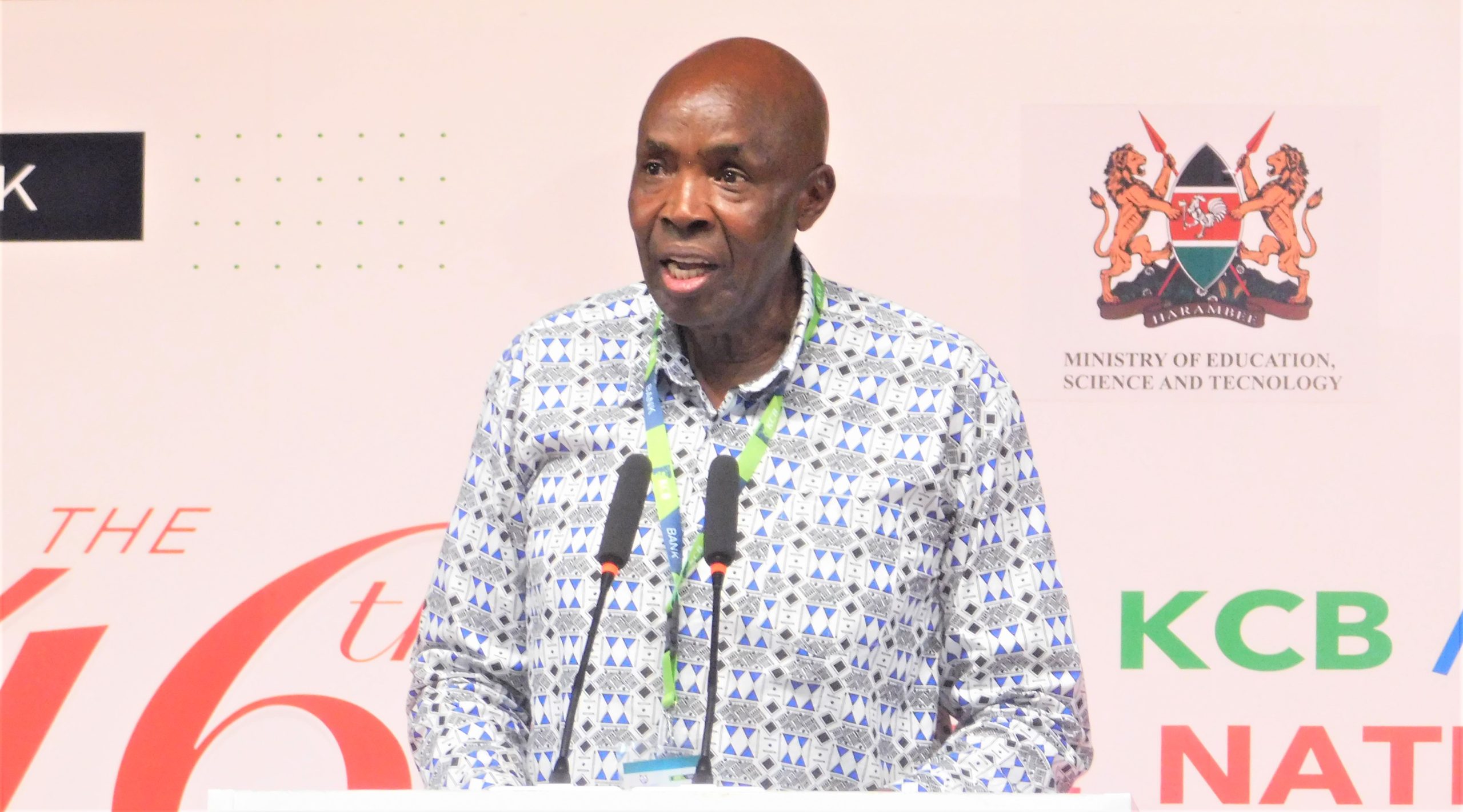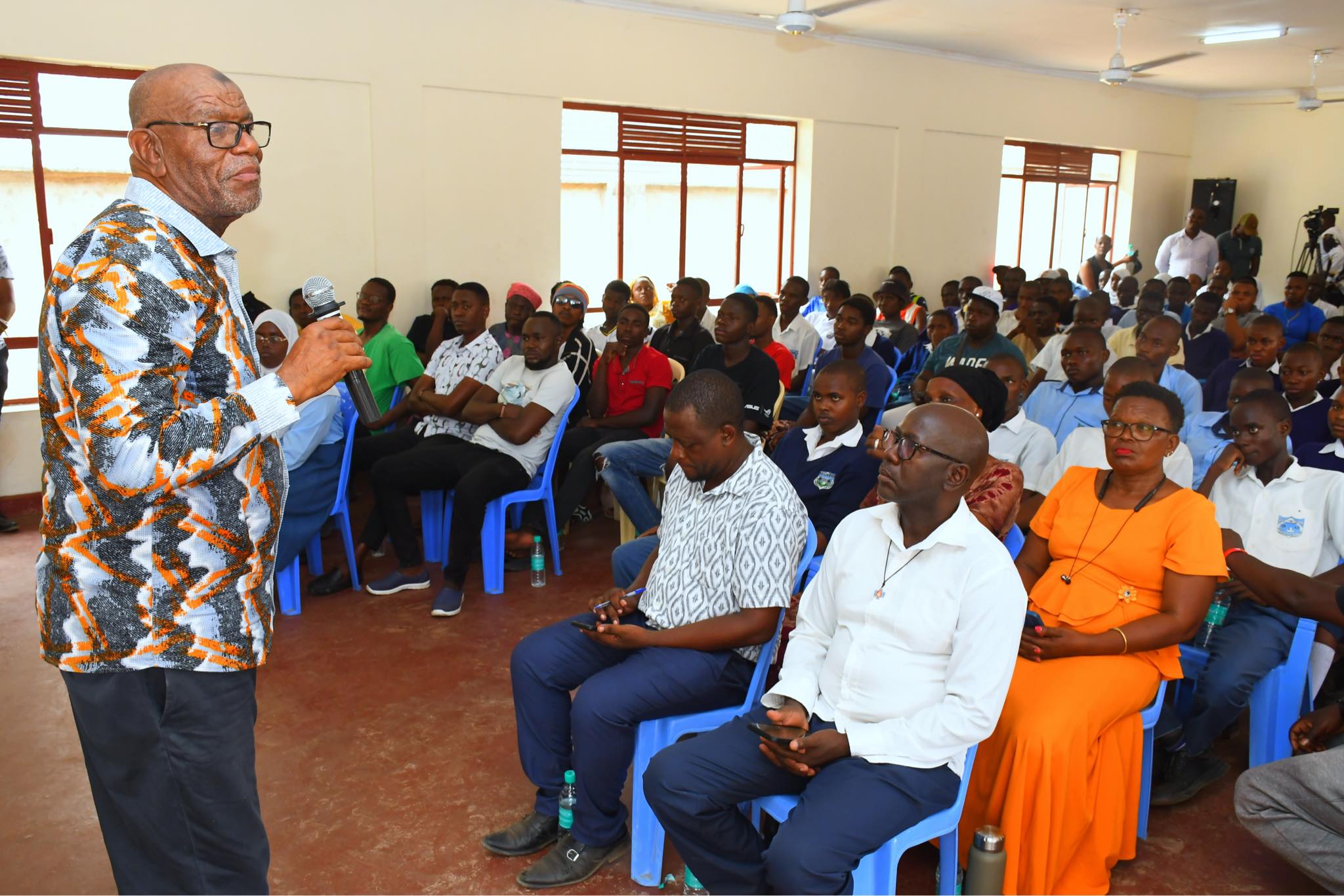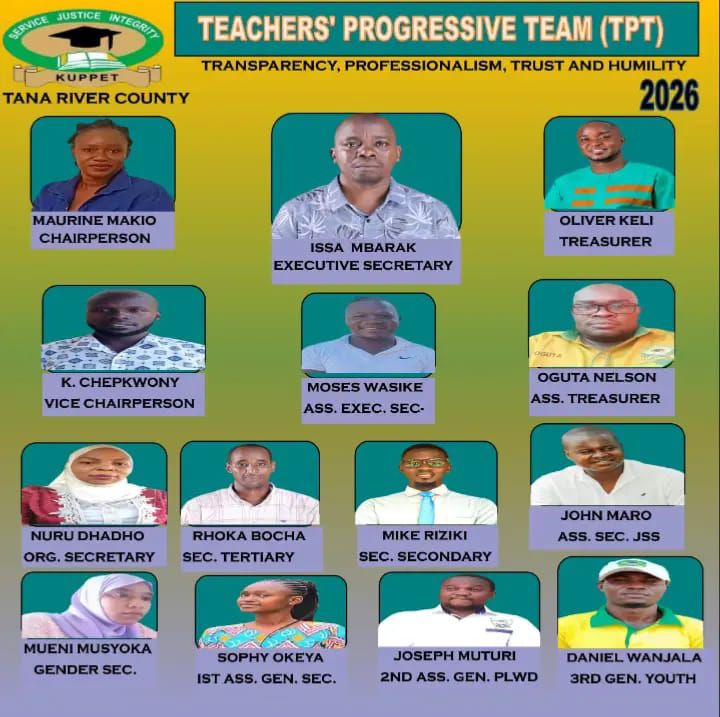The Ministry of Education has stated that starting this year, capitation funds will no longer be disbursed to schools quarterly as has been the case, but the system will shift to a ratio format in a bid to deal with disbursement delays.
Education Cabinet Secretary (CS) Ezekiel Machogu while officially opening the 46th Kenya Secondary Schools Heads Association (KESSHA) Conference on Wednesday, June 28, in Mombasa, stated that onwards, capitation will be disbursed in the ratio of 50:30:20 for the first, second and third terms respectively.
“One of the pressing issues that we need to tackle is the delay in the disbursement of capitation. I understand the challenges and the constraints that these delays cause to operations in your schools,” he said.
He added: “I want to assure you that we are working diligently to streamline the disbursement systems, by employing advanced technologies and automated processes to expedite the flow of funds. This change will ensure a more equitable distribution of funds throughout the year, empowering schools to plan and utilize resources more efficiently.”
In the same vein, Machogu reiterated the importance of acknowledging receipt of capitation, as failure to do so will result in schools missing out on the next disbursement.
Regarding transition to Senior Secondary Schools under the Competency-Based Curriculum (CBC), Machogu urged schools’ Boards of Management (BoMs) to begin equipping their schools early enough with necessary tools to effectively handle different pathways.
“As you are aware, in the realm of senior secondary education, we are introducing three distinct pathways for our learners: Arts, Sports Science; Social Sciences; and Science, Technology, Engineering, and Mathematics (STEM). These pathways will allow students to choose a field that aligns with their interests and aspirations, providing them with specialized skills and knowledge,” stated Machogu.
“In this regard, the Boards of Management in each of your schools need to prepare early for the pathways that will be offered in their institutions within the next two years. Let us equip our schools with the necessary tools so that our students excel in their chosen fields and open doors to a world of possibilities,” he added.
He also urged the County Education Boards to strictly adhere to the registration guidelines for proper school registration, ensuring an efficient and cost-effective process that does not burden the government unnecessarily.
Machogu stressed that schools whose characteristics, such as enrolment status, number of streams, or school category, have undergone changes, must undergo re-registration adding that schools operating with certificates under Cap 211 must seek re-registration, adding that the measures will ensure accurate data and facilitate effective resource allocation, benefiting both schools and students.
“It is important to prioritize the needs of underserved areas and ensure that every student has access to quality education, regardless of their geographical location. Let us work together to create a level playing field and empower every child with the tools they need to succeed,” he said.
Regarding enhancing governance and accountability in our schools, the CS directed the Kenya Education Management Institute (KEMI) in collaboration with the Ministry of Education, Teachers Service Commission, KESSHA, and Kenya Primary Schools Heads Association (KEPSHA) to hasten the capacity building of the Boards of Management (BoMs) for all schools.
The move, according to Machogu, will strengthen the capacities of the governing bodies in providing oversight roles, mobilizing and ensuring prudent management of institutional resources, and effective implementation of the curriculum.
The CS directed all schools to establish tree nurseries for their own consumption in establishing forested zones in their compounds and distribute tree seedlings to the communities within the school vicinity and beyond.
He also directed them to possess enough land to support forested zones, by establishing tree nurseries for distributing tree seedlings to communities and in the process expose the learners to tree nursery management skills, in order to strengthen school-community linkages and encourage communities to get involved in the planting of 15 billion trees by 2032 as envisioned by President William Ruto.
“The State Department for Basic Education intends to make use of institutions of learning to facilitate the attainment of this agenda by producing 200,000,000 tree seedlings per year being the second largest target after the State Department for Forestry,” said Machogu.
To continue tightening the noose on the offenders who keep mutating their cheating practices in the national examinations, the CS noted that the government shall eradicate early exposure to the examination papers by reviewing the collection procedures of examination materials.
In the new arrangement, the centre managers shall collect papers in the morning and afternoon as opposed to collecting all papers for the day at once in the morning, and to effectively implement the reviewed procedures, the Ministry shall increase the number of containers in the expansive counties so as to realize sound management and control of examination materials going forward.
By Roy Hezron
Get more stories from our website: Education News
You can also follow our social media pages on Twitter: Education News KE and Facebook: Education News Newspaper for timely updates.






